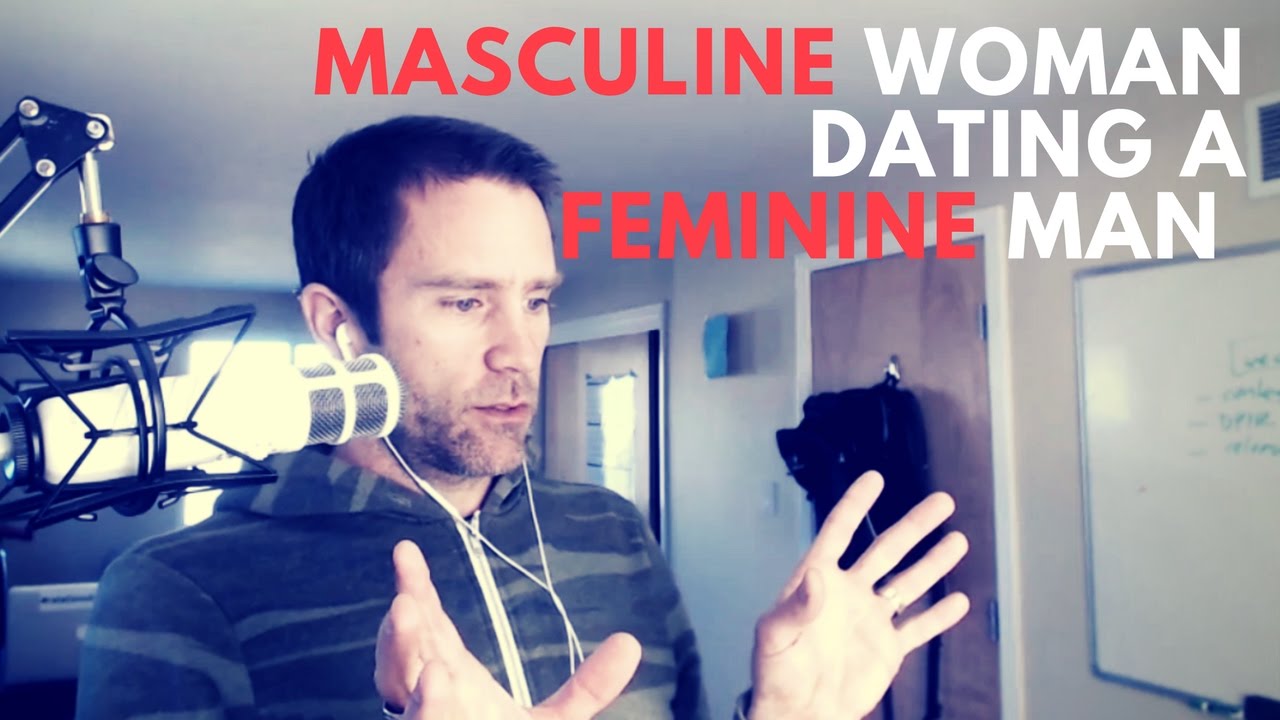“No, not like that! That’s not how it works!” were two of the many sentences I used to speak frequently to my husband. I was raised in a direct culture, in which criticism and anger is openly spoken and shown. This comes with benefits and drawbacks.
At first I clung to the value of my direct expression and aggression. I defended myself. I praised the virtue of my “honesty” and ridiculed my softer-spoken husband for not standing in his power. It does not feel great to write this. And yes, I did do that. No wonder this led to his withdrawal. I faced the growing pain of disconnection. Instead of passionate love, I found more and more distance in my marriage.
It was deeply painful. And it was a deeply inspired mechanism: This pain eventually had me take the next step.
I became willing to look at myself. To see my contribution. This is how I found meditation. I began listening better, and discovered the heat of my partner’s pain when I spoke in certain ways. Ouch. I did not want to be the person to inflict that kind of pain.
I felt the shame I held around my own speech. I started seeing how my “honesty” included little mean stabs at my husband. How my “truth” often was an attempt to ease my own pain by inflicting pain on him. I really did not want to see that. Yet once I had the first glimpse, I started recognizing more and more of the violence in my speech. So I went on a mission: Learning “non-violent communication.”
This was an approach that quickly had me enthralled. I read feverishly, practiced, observed and reflected my changes in a journal. I bumped my nose pretty hard many times, learning to “clean up my speech.” And I had a steep learning curve. Things improved for a while. Then something else happened. It was very painful, and it took me a long while to find it and name it.
For sure my marriage was more peaceful. For sure I was pretty happy with the way I spoke now, most of the time. I even got better at “subtleties” like tone, facial expression and body language. But what was happening deep down in myself? What was that unfamiliar gnaw? Why did my tears flow suddenly, when I remembered myself kayaking through the rain, on a vast lake, as fast as I could, violently happy? Feeling as alive as an Arctic Tern? My husband paddling by my side, with long, confident strides, and joy on his face?
There was something very essential missing. What was that blanket, that seemed to cover my heart? Where was my vitality? Gone. That word dropped into me one morning, heavy as lead: Gone. Why was it gone? Where did it go?
In a familiar way, I first blamed him. It was because of the way he met me! The way he spoke to me! The way he looked at me! He did not evoke that passionate part in me! “So there!” I thought angrily… Yet I knew I was kidding myself even as I reveled in blame and inner ranting for a while.
He did not truly have the power to snuff out my vitality. Only I could do that. So what happened? And how did I manage to turn my life into damp toast?
Here I was, remarkably more soft-spoken. Yet I felt twisted inside, muffled. My new vocabulary was painfully limited in expressing my stronger emotions. Even my strengths. The strength with which I drew my paddle through that rain-swept lake with joy…
In fact, I had come to believe that those strong emotions were somehow wrong. My “non-violent” emotions held too much energy. Instead of taking care of these emotions, and acting and speaking in truth to them, I had taken a fateful short-cut: I had watered down my voice using what I thought was “non-violent communication.”
“I feel so frickin’ angry!!” had become “I am a little frustrated.” “I feel so desperately alone and unmet, I just want to crawl under my desk and hide like a little girl!“ had become silence. It was deeply painful. And again this pain led to the next stage of my journey.
How could I be true to my passionate emotions and yet speak skillfully? For sure I couldn’t use non-violent communication as a patch covering up what I really felt any longer. I had probably misunderstood what the inventors of that approach had meant all along. And, looking around me, it seems I wasn’t the only one. How often did I hear soft and polite words, seething with violence? Between parents and their child? “Honey, will you PLEASE stop that banging!!!?! Grrr!” Between partners: “Excuse me…!!!?!?” these two polite words can be said in so many ways.
I still hold the intention to not unnecessarily hurt my partner. But now I also hold another intention: to not unnecessarily hurt myself by betraying, and stuffing my deeply felt and passionate emotions. The way to do that is my current journey. This is what I am learning here at The Relationship School®.
And it has two main steps: First, increased awareness and acceptance of my emotional life. And second: A striving for skillful yet authentic non-violent expression of my truth.
How does that play out in my life?
You can find me sitting or walking with my strong emotions before I take them to my husband. And you can find me speaking with passion, more forgiving of my own lapses, more quickly acknowledging my judgments and “stabs”, followed by a fierce dedication to repair. Life has returned to our home. Life is delicious and messy. And I’m feasting on it.
What about you?
–––––––––
Photo Credit: Filip Mroz, unsplash.












WOW Dagmar, at the beginning of your post with that “No, not like that! That’s not how it works!” I felt really pulling back and closing my body. I felt also a sense of shame.
I can also totally relate to your phase, when you had a lot of energy inside that you wanted to express, to let out, but you didn’t in order to not hurt somebody else. I’m curious about what kind of fear was stopping you.
In my case it was fear to be judged and not accepted, loved. So for many years I traded my authenticity for acceptance, sometimes burning inside and running in circles, without getting what was going on with me.
YES, it feels sooo good to be ME, my body openend up again when you wrote about AUTHENTIC expression.
I’m SO gratefull for the work you, Jayson and the rest of the RS Team are doing !
Thanks, Alexander! I think for me it was mixed fears, with a good dose of “fear of being too much”. I love hearing a little about your journey, thank you!
Awesome! What a great post, Dagmar! I resonated with so much of your story. I have felt like a failure in NVC attempts. Further, I wondered, ‘Why are we closer, more intimate after these storms of well, disruptive, not peaceful communication?’ I am not defending cruelty. But when I look at nature, there are a lot of ups and downs. I don’t have the answers but! I cheer on my journey and relish the depths in my partner. I would rather be with an unpredictable, emotionally conscious and expressive partner, than one who wants to pretend. No name calling or jabs but I also don’t want some boring relationship! To be inspired to evolve out of my immaturity, I have to be passionately engaged in my life! Including in my relationship. Thank you again!!
Stephanie, I resonate with what you are looking for in a partner. It also really lands for me how you described it. Thank you!
This post sheds a negative light on NVC, even in it’s title. It’s a shame to blame an entire system of communication, now used world-wide in every area of conflict resolution because you may have reached your own limits of skill in applying it. Rather than taking responsibility for your own learning curve, you’ve blamed NVC for failing you in some way by, as you suggest, watering down the “authentic” expression of your feelings. It’s ironic, since NVC’s foundational principle teaches how to avoid the model of making someone (thing) wrong so you can be right,
I understand the pitfalls of ‘dumbing down’ authentic feelings by having to bypass ‘negative’ emotions, but I’ve come to feel that NVC or any proven model of communication can answer that dilemma through continued study and application.
I felt compelled to defend NVC in your criticism of it. I would like to hear what Marshall Rosenberg would have to say about your point of view.
Thanks for raising an important issue that we can all explore in our own ongoing learning of how to communicate effectively.
Hi Corinne, thanks for your comment! I think a more accurate title of my blog would have been: How I misused NVC to water down my marriage. It was not NVC, a concept, or teaching that I deeply appreciate and am grateful for. I misused NVC because it was, at the time, easier for me to stuff my more confronting emotions, thinking I was actually doing NVC. Does this make sense? I am a hell yes to continued study and application. My blog is intended to show how I made a mistake with NVC, and I think I am not the only one falling into that trap, when it comes to confronting emotions. I agree with you that this is not NVC’s fault.
Hi Dagmar, my apologies for not replying to your comment earlier. As I said to Corrine, thank you both for sharing these thoughts and experiences, for thanks for keeping the bigger conversation going.. always so much to learn. -Meg
Hi Corrine, my apologies for not replying to earlier, I appreciate the time you spent sharing your reflections, experience, thoughts, and feelings on this issue and the ways in which you’ve kept the conversation circling. Much appreciated -Meg